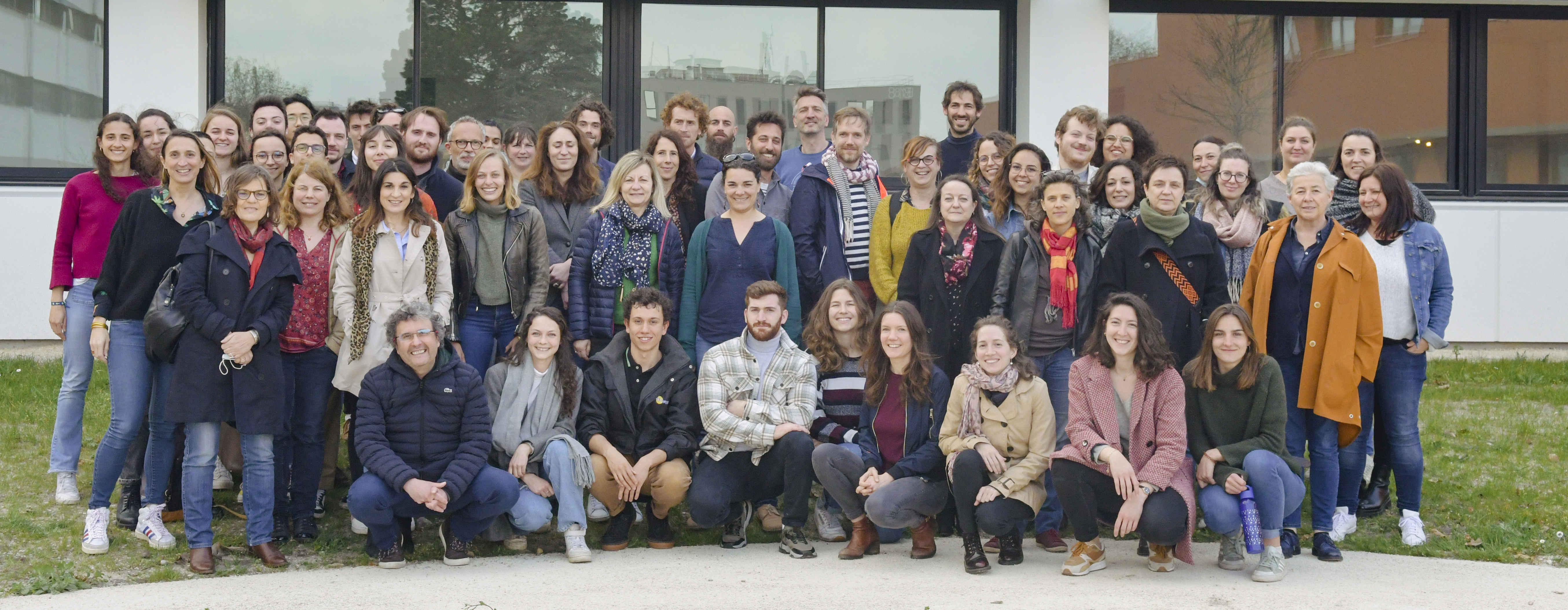Membrane lipid poly-unsaturation selectively affects ligand induced dopamine D2 receptor internalization
Résumé
The poly-unsaturation of membrane phospholipids is an important feature for the biophysical properties of membranes and membrane proteins. In particular, it regulates the function of some G protein-coupled receptors (GPCR), such as their binding to ligand and G proteins or their membrane diffusion. However, its effects on GPCR internalization and trafficking remain unknown. The brain is highly enriched in poly-unsaturated fatty acids (PUFAs) and ω3-PUFAs deficiency has been associated with several neuropsychiatric disorders.
Importantly, the Dopamine D2 receptor (D2R), a class A GPCR, is consistently impacted in these disorders and represents the main target of most antipsychotics. Here we show that enrichment in two different PUFAs strongly impairs agonist-induced endocytosis of D2R in HEK293 cells, without affecting clathrin-mediated endocytosis or β2 adrenergic receptor endocytosis. Using live cell TIRF imaging, we show that D2R clustering is not affected, but that recruitment of β-arrestin2 is strongly impaired and endocytic vesicle formation is slowed down. We conclude that PUFAs are involved in D2R trafficking, which could influence its role in the control of brain activity and behavior.
.
| Origine | Fichiers produits par l'(les) auteur(s) |
|---|

